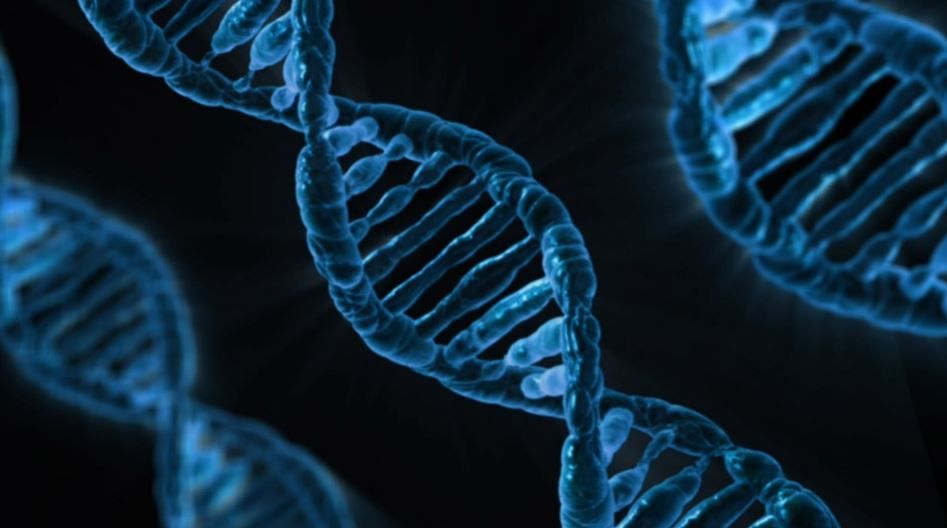The first genetically modified babies have been born, Chinese researchers say
Chinese scientists have announced that they have created the first babies whose DNA has been adjusted using CRISPR gene editing technology. The two girls, born in early November, are expected to be immune to HIV.
The emergence of a powerful tool for editing genów, CRISPR-Cas9 – a cheap and relatively easy technique, made the birth of genetically altered humans theoretically possible. At first, in 2015, researchers from China edited the genes of a human embryo in the lab, which caused ogólworld protest. But it turns out they went one step further.
He Jiankui of Shenzhen University and his team had been working for several years at a clinic treating infertility. Earlier this month, it was reported that the university is recruiting couples whoóre would agree to edits genóin their children. The published document says plans are underway to remove a gene called CCR5 in hopes of making offspring resistant to HIV, smallpox and cholera. The modification was supposed to involve an embryo, whichóry were then to be transplanted into women.
As reported by the Associated Press, He Jiankui ahead of an international conference on gene editing starting in Hong Kongów admitted that they modified the embryos of dwóch girls, whichóre born in early November.
The AP, however, was unable to independently confirm the słóIn He Jiankui. The efforts of the team of researchers led by Jiankui have not been published in any scientific journal, where they would be reviewed by other expertsów. Pairs, whichóre participated in the study they preferred to remain anonymous, and Jiankui does not intend to reveal their identities.
Jiankui said his goal was not to cure or prevent an inherited disease, but próba conferring the feature, whichór that few people have naturally – the ability to resist possible future HIV infections. For this purpose, the twins were removed the aforementioned CCR5 gene.
Many scientistsów believes that using the CRISPR technique on humans is too dangerous. In many countries, this type of próby are prohibited. The technique is too little understood. In a study published in May last year, the researchers observed that the use of this method could lead to hundreds of dangerous mutations in the genome (for more on this, see: Gene editing methodów CRISPR can lead to undesirable mutations)
– I feel a huge responsibility. This is not just about being first, but also about showing it as an example. The public will decide what to do next in terms of allowing or banning such research – Jiankui said. He also acknowledged that if próba this will cause harm to children, he will feel the same ból, what the family and that it will be its own responsibility.
– This is an obscene experiment on humans, którego morally or ethically indefensible,” said Dr. Kiran Musunuru, an expert on gene editingów from the University of Pennsylvania. – It’s way too early. We are dealing with the manual of human. This is an important issue – wtórated by colleague Dr. Eric Topol of Scripps Research.
But there have also been other voices. One of the most well-known geneticistsów, George Church of Harvard University, defended prób Chinese researchers. As he acknowledged, the HIV virus is "a serious and growing threat to public health". – I think it is justified – He said of the reports from China.
The use of gene editingóin humans is controversial. Where someóers see a new form of medicine thatóra eliminates genetic diseases, others see a new form of eugenics and a huge business of designing babies.
„In this increasingly competitive global pursuit of gene-editing applications, we hope to be a rareró¿ing force” – wrote Jiankui in a statement published last year.
CRISPR (Clustered Regularly Interspaced Short Palindromic Repeats) is a system used by bacteria to defend themselves against viruses. It is such a defense mechanism, a repeated sequence of fragmentsóin DNA. It was noticed by Yoshizumi Ishino in the late 1980s. Last century in the genome of Escherichia coli bacteria. The mechanism contains information about the DNA virusów and combined with a DNA-cutting enzyme – Cas9 endonuclease provides a defense system against viruses.
Thanks to genome editing technologyów can program genes with precision down to single nucleotidesów – "letters" forming genetic information. Scientists from around the world are using CRISPR/Cas9 to study the function of single geneów. And in biotechnology, thanks to gene editingów are creating new varieties of plants and animals with desirable traits (and not necessarily ones thatóre will be considered GMOs under current law). In diagnostics, the method holds out hope for rapid identification of bacteria and virusesów in infections. The technology gives róAlso the chance to create new drugsóin and therapy.
